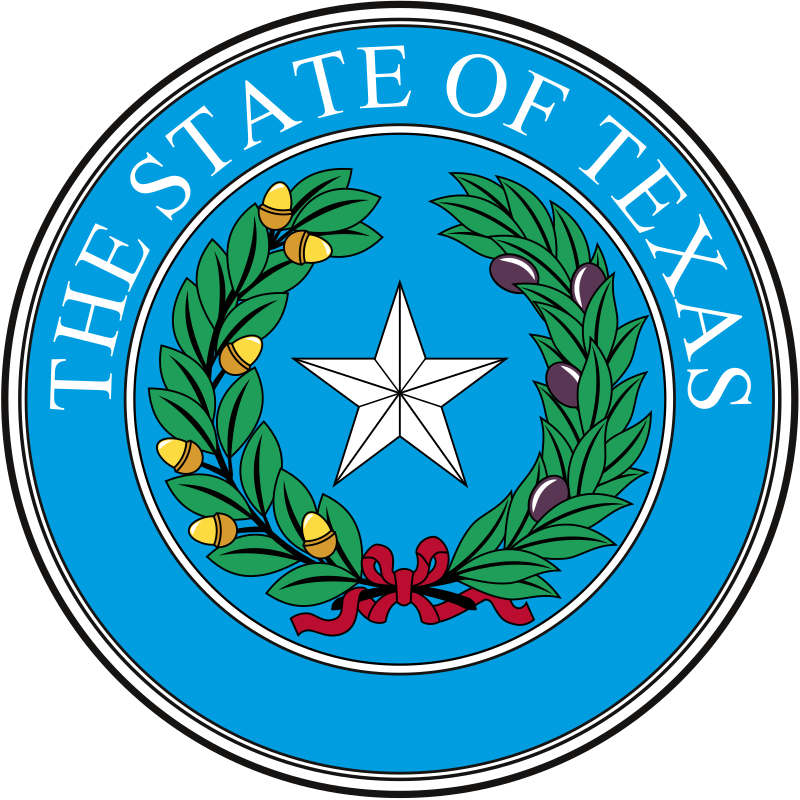Two words… Fuck Toll Roads.
During this year’s regular legislative session, lawmakers filed at least nine toll-related bills, including proposals that sought to cap fines and fees, eliminate misdemeanor charges for delinquent users and make toll roads free to use once the bonds issued to build them are repaid.
Thank you, all common sense bills nobody in their right mind would block…
Only one of those bills, House Bill 2170, became law. It requires toll entities to notify users with electronic tags when an automatic payment is rejected. The law takes effect Sept. 1.
Wtf? That’s our “relief”? A text when credit card expires? Gee thanks.
This is the best summary I could come up with:
Lawmakers have been hesitant to intervene in the state’s toll road system, a mishmash of agencies and contractors that generates more than $2 billion a year and has improved mobility in Texas’ largest metropolitan areas, but often forces drivers to pay to get from one point to another — and deal with the frustration of an unexpected bill.
During this year’s regular legislative session, lawmakers filed at least nine toll-related bills, including proposals that sought to cap fines and fees, eliminate misdemeanor charges for delinquent users and make toll roads free to use once the bonds issued to build them are repaid.
HB 2170, the only toll-related law passed this year, requires each toll entity in the state to notify users immediately by mail, email or text message when a payment is rejected.
When the law went into effect in 2018, CTRMA’s then-executive director Mike Heiligenstein told news station KXAN-TV that he agreed there should be some sort of cap on late fees but preferred to keep an amount that was “painful enough” to incentivize people to pay tolls.
The agency said that TxTag was already sending out these kinds of notifications before HB 2170 was passed and has made other improvements like hiring more customer service representatives, enabling web chat and providing additional training.
Tolls generate extra resources for regional transportation authorities, which explains why they resist getting rid of them, said Rob Stein, a specialist in urban policy and professor of political science at Rice University.
The original article contains 2,298 words, the summary contains 248 words. Saved 89%. I’m a bot and I’m open source!



